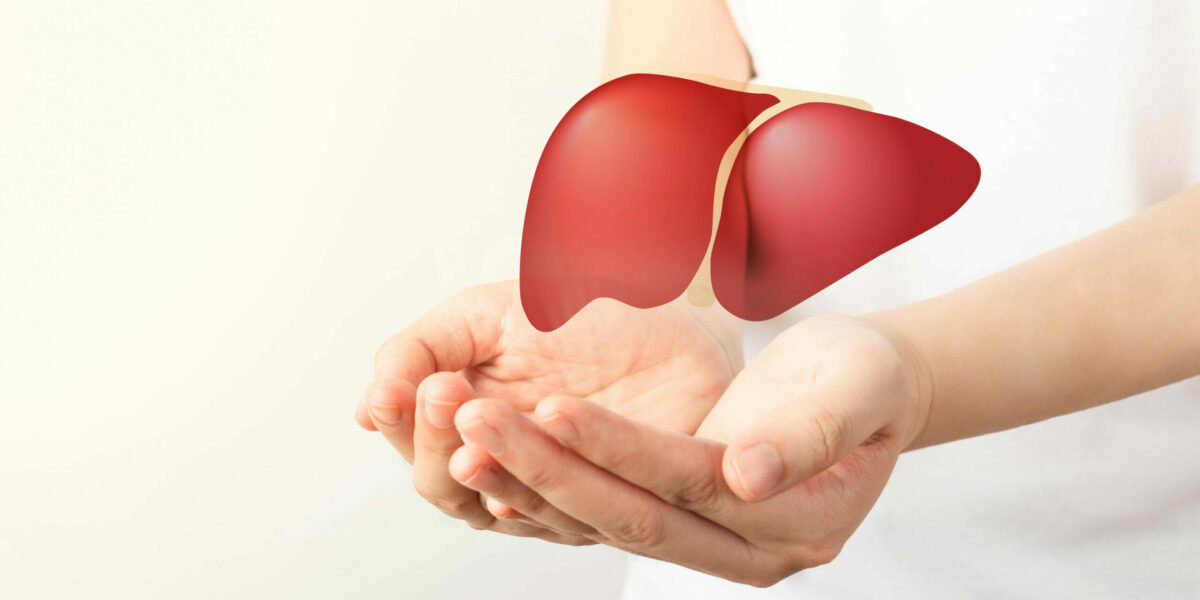George Mazariegos, MD, FACS is Chief of Pediatric Transplantation at UPMC Children’s Hospital of Pittsburgh, Hillman Center for Pediatric Transplantation and at the Thomas E. Starzl Transplantation Institute. He is a professor at the University of Pittsburgh in the departments of Surgery, Anesthesiology and Critical Care Medicine and holds the Jamie Lee Curtis Chair in Pediatric Transplantation Surgery.
Dr. Mazariegos’ research has focused on refining immunosuppression therapy to improve transplant outcomes and quality of life, optimizing utility of intestine and liver graft donors to reduce wait list mortality and improving long term outcomes in pediatric liver and intestine transplantation. Dr. Mazariegos is co-founder and Chair of the Executive Steering Committee of the Starzl Network for Excellence in Pediatric Transplantation, a Learning Health System designed to transform transplantation by combining transparency, best practices, and patient reported outcomes with innovative technology.





